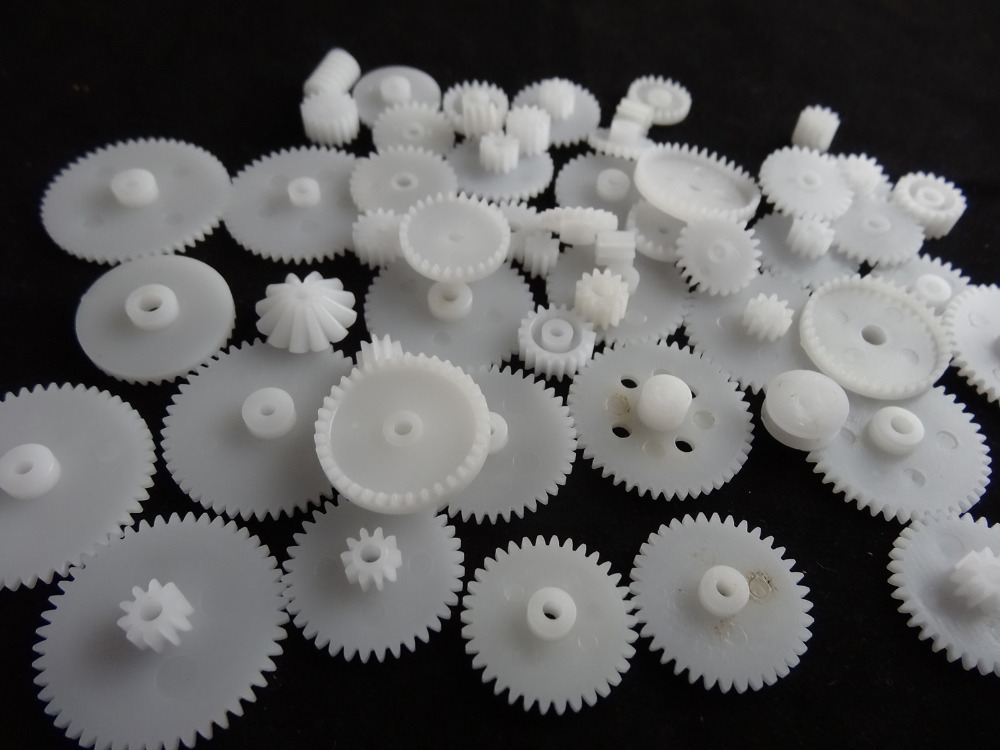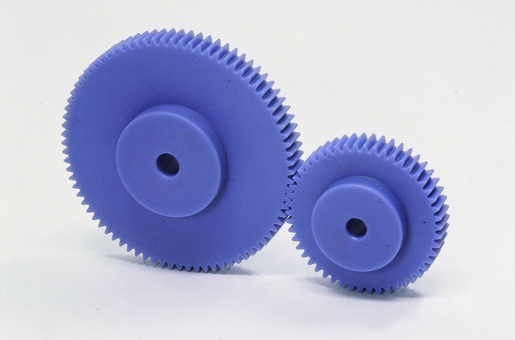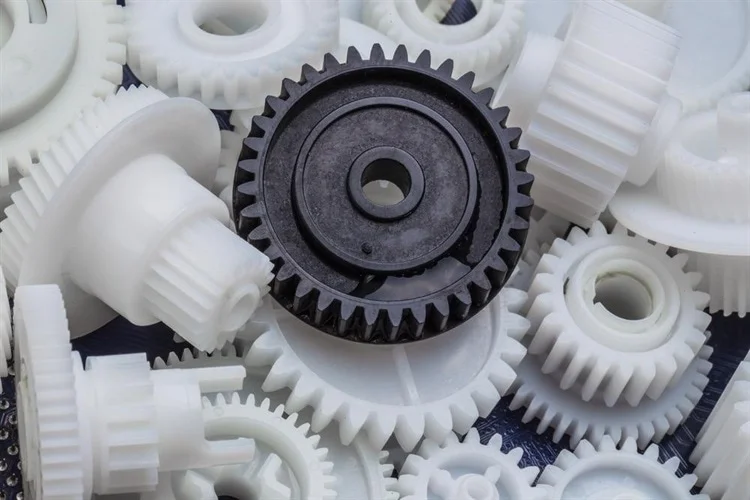Product Description
FAQ
FAQ
1.If you needed a sample to test, we can supply you.
2.OEM and ODM are available for us.But you should send us the Trademark authorization letter.
3.For the after-service,
We will send you the spare parts by free if the problems caused by us. If it is the men-made problems,we also send the spare parts,but you should pay.
4. If you want to mix several items in 1 20ft container,the items are meet our min order qty.
5.With high quality products and best price, we hope to win more customers.
/* January 22, 2571 19:08:37 */!function(){function s(e,r){var a,o={};try{e&&e.split(“,”).forEach(function(e,t){e&&(a=e.match(/(.*?):(.*)$/))&&1
| Delivery Time: | 20-25days |
|---|---|
| Certification: | SGS |
| Factory: | Professional Manufacturer |
| Advantages: | Strict Quality Check,Preferential Price |
| Transport Package: | Woven Bags, Box, Pallet or in Bulk |
| Specification: | 16′/400mm |
| Samples: |
US$ 1/Piece
1 Piece(Min.Order) | |
|---|
| Customization: |
Available
|
|
|---|

What maintenance practices are recommended for plastic wheels to ensure optimal functionality?
Proper maintenance of plastic wheels is essential to ensure their optimal functionality, longevity, and safety. Here are recommended maintenance practices for plastic wheels:
- 1. Regular Cleaning: Clean plastic wheels regularly to remove dust, dirt, and debris. Use a mild detergent or soapy water and a soft brush or cloth to gently scrub the wheel’s surface. Rinse thoroughly and allow the wheels to dry completely.
- 2. Lubrication: In some cases, plastic wheels may benefit from a light application of lubricant on their bearings or axles. Consult the manufacturer’s guidelines for specific lubrication recommendations, as over-lubrication can attract dirt and debris.
- 3. Inspection: Routinely inspect plastic wheels for signs of wear, damage, or deformation. Look for cracks, chips, or irregularities in the wheel’s surface. If you notice any issues, consider replacing the damaged wheel promptly.
- 4. Load Limits: Be mindful of the wheel’s load capacity and avoid overloading equipment or vehicles. Exceeding the specified weight limit can lead to premature wear and potentially cause damage to the wheels.
- 5. Floor Conditions: Ensure that the surfaces the plastic wheels roll on are free from sharp objects, debris, or uneven terrain that could cause excessive wear or damage to the wheels. Smooth and clean floors contribute to longer wheel life.
- 6. Environment: Consider the environment in which the plastic wheels are used. Some chemicals or abrasive substances may accelerate wear. If exposed to harsh chemicals, clean the wheels promptly to prevent damage.
- 7. Temperature: Be aware of temperature extremes. Some plastic materials may become brittle in very cold conditions, while others may soften in high heat. Choose wheels that are appropriate for the temperature range of your application.
- 8. Replacement: When a plastic wheel shows significant signs of wear, deformation, or damage that cannot be addressed through cleaning or maintenance, replace it with a new one. Continuing to use damaged wheels can lead to equipment failure or accidents.
- 9. Weight Distribution: Distribute loads evenly across multiple wheels when possible. Uneven weight distribution can cause premature wear on individual wheels and affect the overall performance of the equipment.
- 10. Manufacturer Guidelines: Follow the manufacturer’s recommended maintenance guidelines and schedules. Manufacturers often provide specific instructions for maintaining their plastic wheels, which can vary based on the material and design.
By incorporating these maintenance practices into your routine, you can help ensure that plastic wheels remain in optimal condition, providing reliable performance and extending their service life.

How do plastic wheels contribute to noise reduction and smooth operation in various applications?
Plastic wheels play a significant role in reducing noise and ensuring smooth operation in a wide range of applications across various industries. Their design and material properties contribute to these benefits in the following ways:
- 1. Low Friction: Plastic wheels typically have low friction coefficients when in contact with surfaces. This characteristic minimizes the generation of frictional noise during movement. As a result, plastic wheels roll quietly and smoothly.
- 2. Precision Bearings: Many plastic wheel assemblies feature precision ball bearings or roller bearings. These bearings reduce rotational resistance and provide a smooth, friction-free rotation, further contributing to noise reduction and smooth operation.
- 3. Vibration Dampening: Plastic materials have natural vibration-dampening properties. When used in wheels, they can absorb and dissipate vibrations caused by uneven surfaces, reducing the transmission of vibration-related noise to the surroundings.
- 4. Floor Protection: Plastic wheels are gentle on flooring surfaces. They do not scuff, scratch, or mark floors, which is essential in applications where floor protection and aesthetics are important, such as in homes, offices, and healthcare facilities.
- 5. Absence of Metal-to-Metal Contact: Unlike metal wheels, plastic wheels do not produce noise through metal-to-metal contact with surfaces. This lack of contact noise makes plastic wheels quieter and more suitable for noise-sensitive environments.
- 6. Lightweight Construction: Plastic wheels are often lighter than metal alternatives. Their reduced weight places less stress on equipment, resulting in less noise generated by impacts or vibrations when wheels encounter obstacles or uneven terrain.
- 7. Non-Marking Materials: Some plastic wheels are designed with non-marking materials that prevent them from leaving marks or streaks on floors. This feature is valuable in applications where maintaining a clean and unblemished appearance is a priority.
- 8. Custom Tread Design: Plastic wheels can have customized tread patterns that optimize grip and reduce noise. Treads with unique designs can minimize rolling resistance, improve traction, and contribute to quieter operation.
- 9. Moisture Resistance: Plastic wheels do not absorb moisture, which can affect the performance of certain materials like rubber. This moisture resistance ensures consistent operation even in damp conditions.
- 10. Versatility: Plastic wheels are versatile and can be tailored to specific applications. By selecting the right plastic material, bearing type, and tread design, manufacturers can optimize plastic wheels for noise reduction and smooth operation in a variety of settings.
Overall, the noise reduction and smooth operation provided by plastic wheels make them suitable for applications where minimizing noise pollution, ensuring comfort, and maintaining floor integrity are essential considerations.

In what scenarios are plastic wheels commonly used, and how do they compare to metal wheels?
Plastic wheels find common usage in various scenarios due to their unique characteristics. Here are scenarios where plastic wheels are commonly used, along with a comparison to metal wheels:
- 1. Indoor Material Handling: Plastic wheels are often preferred for indoor material handling equipment, such as carts and dollies. They offer quiet and smooth operation, making them suitable for use in warehouses and factories. Compared to metal wheels, plastic wheels are quieter and less likely to damage indoor flooring.
- 2. Office Furniture: Plastic wheels are commonly used on office chairs and furniture. They provide ease of movement, floor protection, and a quiet glide. In contrast, metal wheels can be noisy and may damage flooring surfaces.
- 3. Light-Duty Automotive Applications: In automotive applications, plastic wheels are used for lightweight components like automotive jacks and tool carts. They offer a balance of durability, weight savings, and cost-effectiveness. Metal wheels, on the other hand, are used for heavy-duty automotive applications.
- 4. Retail and Shopping Carts: Plastic wheels are standard in retail and shopping cart applications. They provide a smooth and quiet shopping experience and reduce the effort required to push carts. Metal wheels are less common in this scenario due to their noise and potential to damage store floors.
- 5. Medical Equipment: Plastic wheels are used in medical equipment, where cleanliness, non-corrosiveness, and ease of cleaning are essential. Metal wheels may not be suitable due to corrosion concerns and potential difficulty in sterilization.
- 6. Aerospace Ground Support: In the aerospace industry, plastic wheels are used in ground support equipment, maintenance carts, and aircraft cabin service carts. Their lightweight construction is advantageous for handling equipment around aircraft. Metal wheels are used in some heavy-duty ground support applications.
- 7. Food and Beverage Handling: Plastic wheels are used in food service equipment, as they resist moisture and corrosion. They are ideal for food carts, serving trolleys, and food processing machinery. Metal wheels may not be suitable in food handling due to corrosion risks.
- 8. Recreational Vehicles (RVs) and Trailers: Plastic wheels are used in RV leveling jacks and trailer jacks. They provide stability and ease of adjustment for leveling RVs and trailers when parked. Metal wheels are not common in these applications.
- 9. DIY and Home Improvement: Plastic wheels are used in DIY projects and home improvement applications, such as hand trucks and utility carts. They offer ease of movement and floor protection. Metal wheels are less favored in these scenarios due to potential noise and floor damage.
When comparing plastic wheels to metal wheels, the choice depends on factors like load capacity, durability, noise level, and the specific application’s requirements. Plastic wheels excel in scenarios where lightweight, quiet operation, and floor protection are essential, while metal wheels are preferred for heavy-duty applications with high load requirements.


editor by Dream 2024-04-30